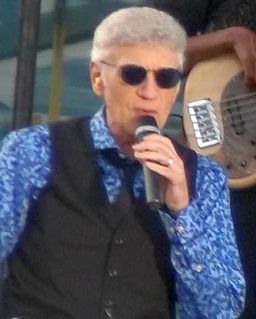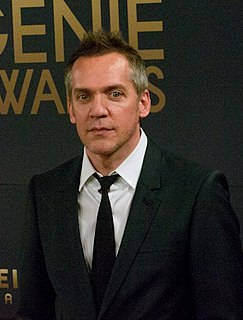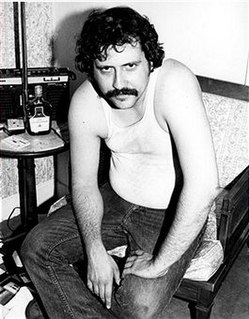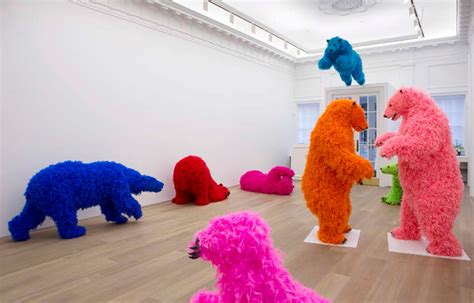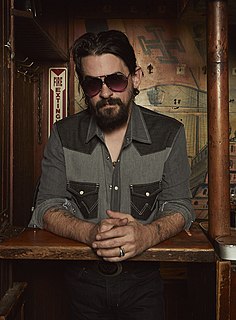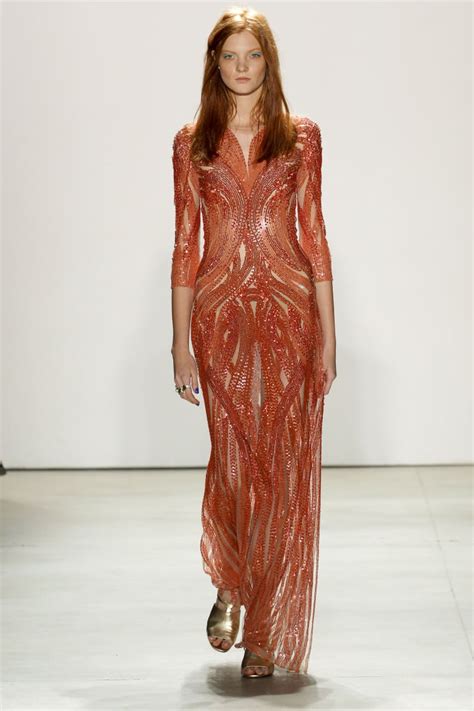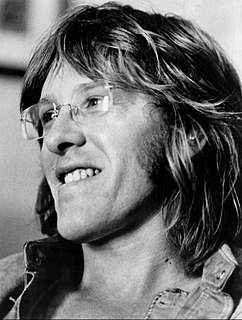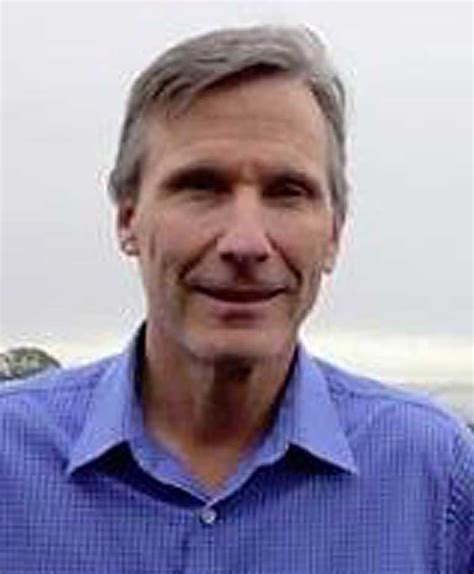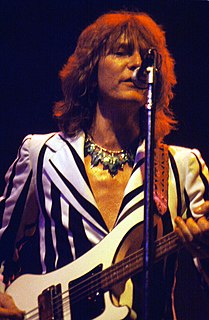A Quote by David Lynch
Some people grew up in the '70s, powerful, beautiful memories of the '70s which to me is one of the worst decades. It has something to do with that. Has something to with the birth of rock 'n' roll, and something to do with those American cars. an incredible design. There was so much optimism at that time and it must leak into the process.
Related Quotes
Something I always wanted to do, to capture that later half of the '70s. It's like the early half of the '70s is still the '60s, in that there's still kind of a playfulness and inventiveness in terms of design and the things that were going on in the culture. The second half, it got much more commodified. It's possibly the ugliest era of architecture and clothes and design in the entire 20th century, from 1975 to '81 or '82.
I was born in 1963. So the '70s were my teenage years. As a teenager, I was into rock and roll - Bowie, Rolling Stones, Pink Floyd, even more progressive music like Genesis, and I was into a lot of British rock and roll. But I loved also American rock and roll. CCR, Jimmie Hendrix, The Doors, Patty Smith, and Bob Dylan.
Good rock 'n' roll is something that makes you feel alive. It's something that's human, and I think that most music today isn't. ... To me good rock 'n' roll also encompasses other things, like Hank Williams and Charlie Mingus and a lot of things that aren't strictly defined as rock 'n' roll. Rock 'n' roll is an attitude, it's not a musical form of a strict sort. It's a way of doing things, of approaching things. Writing can be rock 'n' roll, or a movie can be rock 'n' roll. It's a way of living your life.
When you grow up, some areas of the world are out of your knowledge - especially when I grew up, in the '70s and '80s. Now, you have access to everything, but back then you did not because of the way the media was, and society imposed more directions, structures, and restrictions. It's not like art was prohibited, but art was not something that the people around me presented. So I developed it very much on my own growing up.
I wanted to quit the industry when I was eighteen and finish '70s', finish my contract on the show and go to college because I was pretty convinced that after '70s' and after being on a show for eight years that I would be very much pigeonholed for something specific that I didn't want to be a part of anymore.


